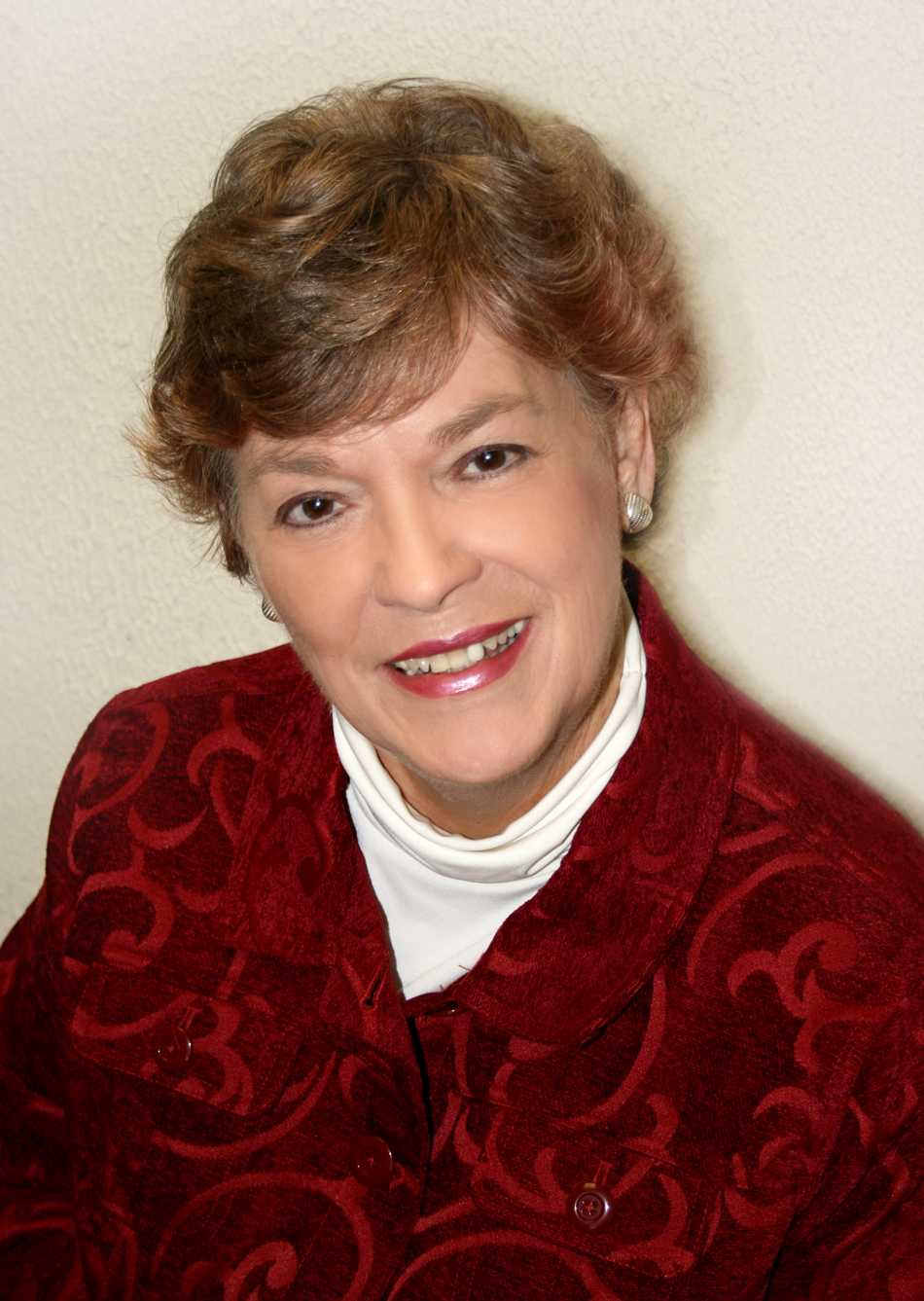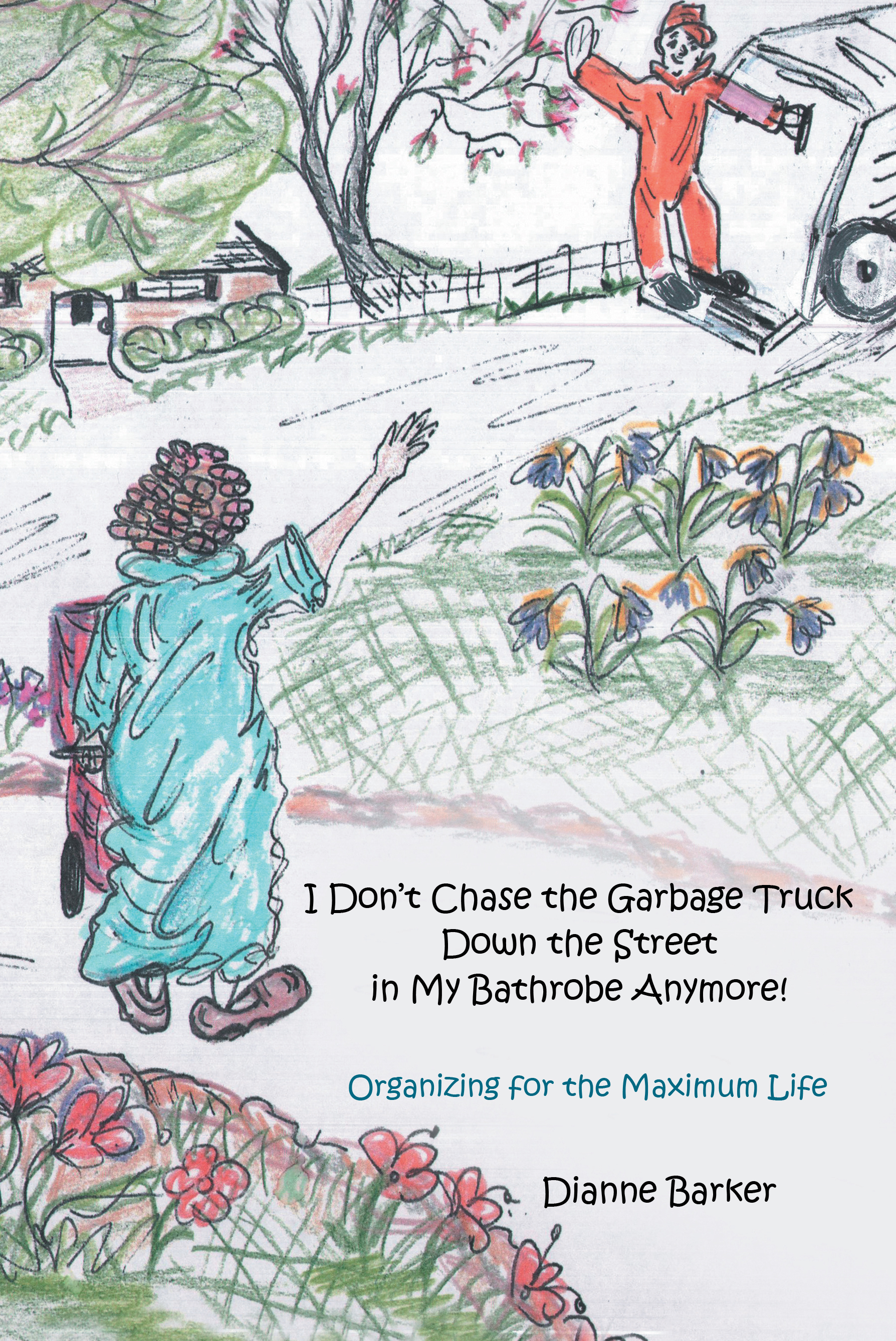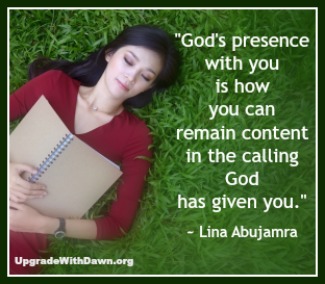Who Are You? What Are You Doing Here?
Kolleen Lucariello is one of my favorite writers because she is funny and factual (biblically), practical and passionate (about God's Word). In this special UPLIFT, she writes about her dad, and a precious lesson she learned about herself while observing his life.
"'I don’t mean to be blunt, but who are you and what are you doing here?' my father repeated to the unfamiliar face joining my mother and I at the kitchen table.
"I’d given him the information," Kolleen said, "but with Alzheimer’s holding him hostage, he asked again, 'Who are you and what are you doing here?'"
It's not hard for me (Dawn) to understand that scenario. I remember how brokenhearted I felt one evening when I spoke to my mom and sister on FaceTime. My mom peered at the image on her screen and asked my sister, "Who IS that?" I wiped away a tear.
I'm glad Kolleen goes on to share a sweet lesson she learned after her dad asked those questions.
Kolleen continues . . .
I reintroduced the new home health aide to my dad.
“A home health aide? Well, what do we need one of those for?” Dad continued.
“Help. Sometimes, we just need someone to help care for us.” I replied.
His rebuttal held little doubt of his confidence that they needed no help, when he turned to the aide and again asked, “Who are you and what are you here for?”
When I’ve replayed that moment countless times over the months since, inevitably two thoughts enter my mind.
First, sorrow floods me with my front row seat of this awful disease that is stealing my dad from us.
My second thought is to pause and reflect on his question: Who are you and what are you doing here?
The answers to these questions evaded me for many years of my life, causing such inner turmoil and conflict that I often found myself wrestling with dis-ease.
If you had asked me to answer my dad’s simple questions a few years ago, you might have heard something like,
I am Kolleen, and I am here to make other people happy.
I have since discovered that a heavy weight of dis-ease was created when I conditioned myself to believe my sense of identity and purpose could only be found when I felt others’ approval and acceptance.
A near emotional breakdown led me to the realization that we were only meant to live for the approval of the One who created us.
I am so grateful John took notes the day Jesus spoke these words to the crowd:
“Remain in me, and I will remain in you. For a branch cannot produce fruit if it is severed from the vine, and you cannot be fruitful unless you remain in me” (John 15:4 NLT).
It is through my remaining, or abiding, in Christ that I become the most authentic version of myself. However, whenever the familiar nudge to win approval sneaks in desiring to hold me hostage, I am the only one who can decide if I’m willing to participate.
It still catches me from time-to-time when I shift my focus and allow my heart to wander from that place Jesus invites each of us into—the place of abiding.
It doesn’t take too long before those who know me best recognize that shift of focus and help me find my focus again. We need to be in relationship with others who help us live in the identity and purpose God has for us. They help bring an upgrade in our life.
So, who am I?
- I am the most authentic representation of my true self when I remain in Jesus, for it is in Christ that I am blessed, chosen, and alive.
- I am even a masterpiece in the Father’s eyes (identity) created to do the good work He prepared for me to do (purpose) (Ephesians 1:3, 2:1,10).
And if this is who I am in Christ, it’s who you are too. After all,
“God works in different ways, but it is the same God who does the work in all of us” (1 Corinthians 12:6 NLT).
What are we here for?
We are here to reveal the character of Christ to everyone through every encounter so good fruit is produced and brings glory to the Father (Matthew 5:16).
What might happen if we no longer lived according to our own plan and purpose and instead asked God to show us His?
Imagine if whatever we do or say, we “do it as a representative of the Lord Jesus” (Colossians 3:17a NLT).
In Christ, we no longer live life just “to please ourselves” (Romans 15:1). Instead, we “patiently embrace others” with our goal being “to empower others to do what is right and good for them, and to bring them into spiritual maturity” (Romans 15:2 TPT).
Paul empowers every New Testament believer to know who they are so they can live a life of purpose and identity. He gives us detailed descriptions of who we are in Christ in the book of Ephesians.
I think it’s time for you to be released from the effects of dis-ease by living in the identity Jesus died to give you.
Now, I don’t mean to be blunt, but I must ask: Who are you and what are you here for?
 Kolleen Lucariello, #TheABCGirl, is the author of #beYOU: Change Your Identity One Letter at a Time and is the Co-Director of Activ8Her, Inc. She is passionate to every woman realize her identity in Christ and live accordingly. Kolleen and her
Kolleen Lucariello, #TheABCGirl, is the author of #beYOU: Change Your Identity One Letter at a Time and is the Co-Director of Activ8Her, Inc. She is passionate to every woman realize her identity in Christ and live accordingly. Kolleen and her hubby, Pat, make their home in Central New York. She’s the mom of three grown children and Mimi to six incredible grands. For more information about Kolleen, visit www.speakkolleen.com.
hubby, Pat, make their home in Central New York. She’s the mom of three grown children and Mimi to six incredible grands. For more information about Kolleen, visit www.speakkolleen.com.
Graphic adapted, courtesy of ar130405 at Pixabay.
 Post a Comment → Posted on
Post a Comment → Posted on  Thursday, July 28, 2022 at 11:00AM
Thursday, July 28, 2022 at 11:00AM  Abiding in Christ,
Abiding in Christ,  Acceptance,
Acceptance,  Alzheimer's,
Alzheimer's,  Approval,
Approval,  Identity,
Identity,  In Christ,
In Christ,  Kolleen Lucariello,
Kolleen Lucariello,  Purpose,
Purpose,  Upgrade with Dawn,
Upgrade with Dawn,  What Are You Doing Here,
What Are You Doing Here,  Who Are You Upgrade Your Life
Who Are You Upgrade Your Life  In Christ,
In Christ,  UPLIFT Encouragement,
UPLIFT Encouragement,  UPLIFT Stories
UPLIFT Stories 








